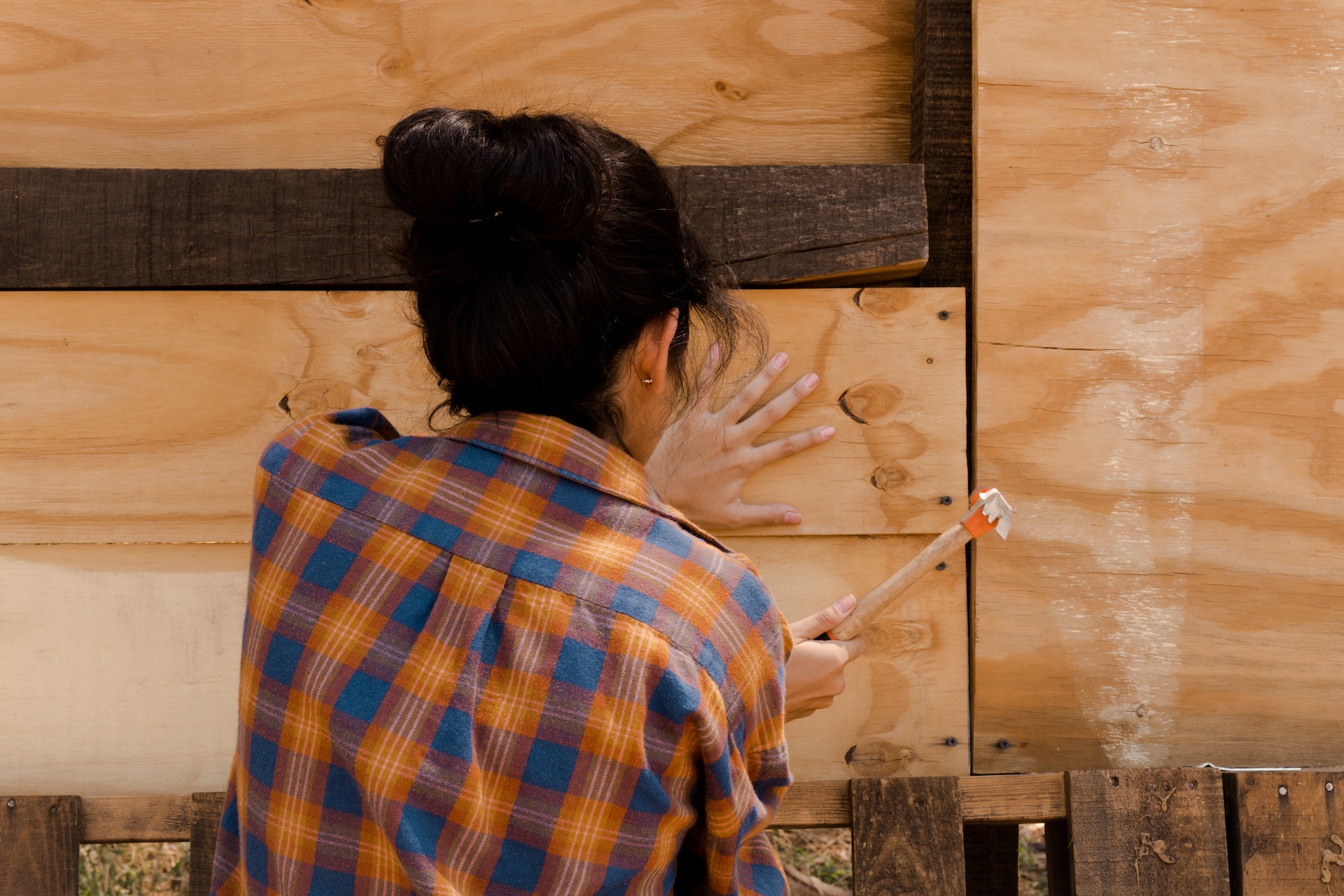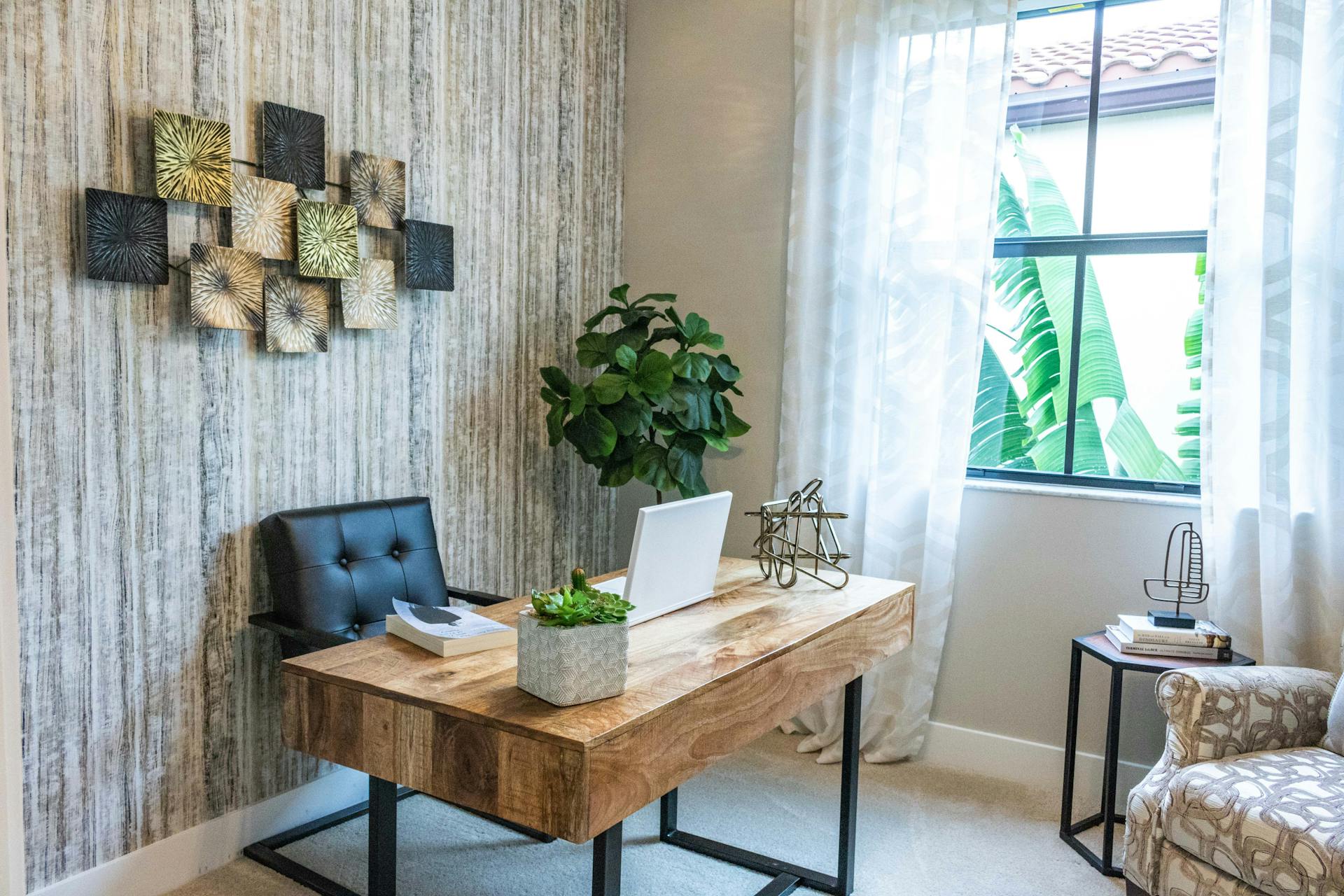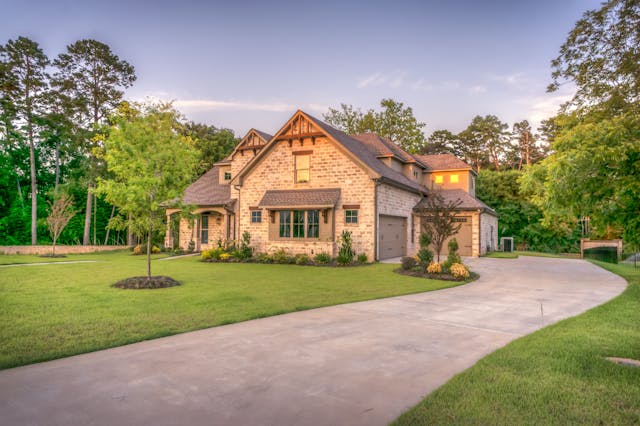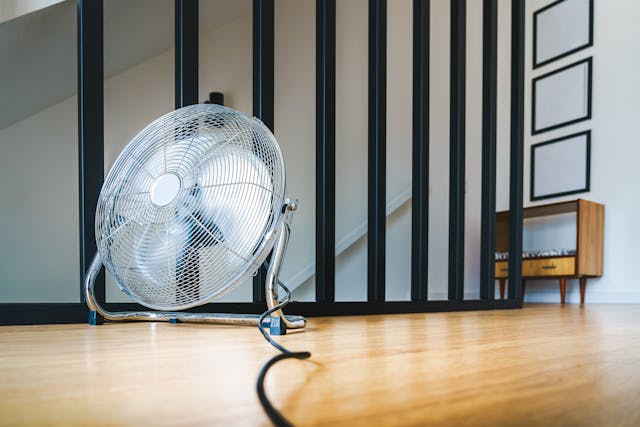Do Landlords Have the Right to Prohibit Guns?
Should you add firearm restriction clauses to your lease agreement.

Gun ownership has become a particularly heated topic over the past decade, which prompts the question for many landlords: can you add a clause into your lease that restricts or prohibits firearms? Unfortunately, the answer isn't clear-cut. In some circumstances, the answer may be dependent on what your state law says. In other situations, it may come down to personal preference, Second Amendment considerations, or concerns over negligence.
This guide will serve as an overview of the current laws regarding gun ownership at rental properties, court cases that serve as a precedent for gun-related issues, and the factors to consider when deciding whether to allow firearms on your property.
Specific State Laws
State laws vary on the issue of gun ownership in general, let alone whether landlords can legally have a say in the matter. If you're considering writing a "no guns at my property" clause into your lease, it's essential to know if your state or local governments have laws regarding the matter. Currently, only four states have specific laws regarding landlords and guns at rental properties:
- Minnesota - a landlord cannot restrict the lawful carry or possession of a firearm by tenants or their guests. Minnesota statute 624.714.
- Tennessee - A private landlord can prohibit tenants, including those who hold handgun carry permits from possessing firearms within a leased premise. Such a prohibition may be imposed through a clause in the lease. Tennessee statue 39-17-1307(b).
- Virginia - Public housing prohibits landlords from restrictions on gun possession for tenants. Virginia Rental Housing Act 1974 Tennessee 55-248.9.6.
- Wisconsin - Wisconsin's gun laws are complicated regarding where a weapon can or cannot be possessed. If you have rentals in this state, it's best to look up the most recent laws that pertain to your specific situation.
Beyond these, the remaining 46 states allow private landlords to choose how they would like to handle the issue. However, there are still constitutional and liability issues to consider before you write a "no guns" clause into the lease.
Is Gun Ownership a Protected Class?
A protected class is a group of people who are protected from discrimination by law. For example, in the Fair Housing Act, it's prohibited to discriminate based on a person's race, religion, gender, disability, familial status, or national origin. Denny Dobbins, General Legal Counsel, argues that the Second Amendment could designate gun owners as a protected class. He bases this on the rulings of two Supreme Court cases: District of Columbia v. Heller and McDonald v. City of Chicago.
There have been numerous debates over the actual meaning of the Second Amendment. Some say that it's referring to a collective right of the people for forming a well-armed militia, while others argue it's a personal right. The issue was laid to rest in the U.S. Supreme Court in 2008. The court case District of Columbia v. Heller examined whether the District of Columbia's Firearm Control Regulations Act of 1975 was unconstitutional. The Act banned residents of the District of Columbia from owning handguns, automatic firearms, or high-capacity semi-automatic firearms, as well as unregistered guns. The only exceptions were for police officers and guns registered before 1976. In a 5-4 ruling, the Supreme Court endorsed the "individual-right" theory of the Second Amendment's meaning.
The Court held that the Second Amendment guarantees an individual the right to possess firearms independent of service in a state militia and that weapons can be used for traditionally lawful purposes, including self-defense. The Heller case also established that the government could impose firearm restrictions on mentally ill people and felons. That leaves the question of states. How does federal law impact state laws?
That question was addressed in the 2010 Supreme Court case, McDonald v. City of Chicago. The case arose over a challenge to the 1982 Chicago law banning new registration of handguns. The Supreme Court held that the 14th Amendment makes the Second Amendment right to keep and bear arms for self-defense applicable to states. The 14th Amendment's third clause states, "...nor shall any State deprive any person of life, liberty, or property without due process of law." It also forbids states from passing rules that contradict federal law. The Court declared that the right to self-defense is a "fundamental and deeply rooted" right.
So, while private landlords can forbid the possession of firearms at their property, it's a gray area that could potentially be challenged based on the Second and 14th Amendments. Since the Heller and McDonald cases established gun ownership as a personal right, Dobbins argues it could be considered a protected class if brought to court.
Factors to Consider Before Adding a "No Guns" Clause
Unless you reside in a state that prohibits you from restricting gun ownership at your property, you can generally add a no guns clause to your lease. With that in mind, it's beneficial to look at the issue from all angles.
Although most states are silent on a landlord's rights regarding gun restriction at their property, it could still be seen as infringing on a tenant's constitutional right. A tenant could argue that the landlord is restricting their Second Amendment right and their ability to protect themselves on the property. While there haven't been any Supreme Court cases regarding the matter, that doesn't mean that it couldn't happen in the future.
That brings up another issue. What if you allow guns at your property, and someone is injured by a tenant, either purposely or negligently? Can you be held liable? Possibly; it depends on the situation. As a landlord, you have a legal responsibility to keep your property safe. If the person who was injured was a tenant at your property, they could potentially bring a claim against you, stating that your gun policy was responsible for their injury and violated their right to safety. If you choose to have guns at your property, it's a good idea to check your insurance policy to see what is and isn't covered regarding firearms.
On the other hand, prohibiting guns at your property could also be a legal issue. Let's say you ban guns, and someone breaks into your tenant's home and injures them. Could you be held liable in this circumstance? Again, possibly. The tenant could argue that your no guns policy prevented them from being able to defend themselves and that the injury wouldn't have happened otherwise. They could also say the lease clause violates their Second Amendment rights.
If you do choose to prohibit guns, there's also the issue of enforcement. Unless a tenant is brandishing a weapon, there's no legitimate way to know whether one has been brought onto the property. You can't go into their home and conduct inspections, so you have to take the tenant at their word when they sign the lease agreement. Even in Tennessee, where landlords have a legal right to prohibit guns, there's no practical way to enforce such a rule.
For many landlords, the issue isn't so much about having guns at the property as it is preventing negligent or harmful actions. No landlord wants their tenants walking around common areas brandishing a firearm. This type of behavior can be controlled with the inclusion of carefully worded clauses.
Proposed Lease Clauses
According to Dobbins, when a private landlord chooses to ban guns at their property, they may face liability and constitutional infringement concerns. However, there are a few clauses you can include to protect your rights as a landlord.
- "This is a landlord-tenant relationship, and the landlord has no control over your unit or the home. The tenant has sole control of the dwelling unit."
This clause directly relates to a sad case that occurred in Kansas City in 2006. A landlord rented out a single-family home and gave the tenant the right to sole possession of the premises. The landlord also included a clause that prohibited any member of the household from participating in any form of illegal activity on the premises, as well as prohibit the unlawful possession or discharge of a firearm. The tenant's child accidentally discharged a loaded gun and killed a visitor to the property, and both the tenant and landlord were sued for damages. The court ruled that because the lease stated the landlord had no control over the property, the landlord was not liable for the visitor's death. Thompson v. Tuggle, 183 S.W.3d 611 (Mo. App., 2016).
However, if a tenant is acting erratically at a multifamily property, and you're is aware of this, the you have a responsibility to ensure the safety of their tenants. You should decide with legal counsel whether the tenant poses a risk to other people on the property. If so, you should take reasonable measures to correct the situation. This is especially important if weapons are allowed on the property. You should monitor the property to make sure that firearms aren't brandished or misused.
- "If you have any firearms, you must keep your weapons inside your unit at all times and out of view of open windows and doors, absent legitimate self-defense of others."
- "If you openly bring a firearm onto the common areas, you will be evicted. You must keep your weapon to yourself, safely tucked away in the private confines of your apartment unit or home and not visible to other tenants, neighbors, or staff."
Dobbins says he includes the following "no weapons in the common area" clause within his leases under a section called "Weapons":
"Weapons of any kind, including but not limited to, dart guns, air guns, BB guns, slingshots, handguns, rifles, or any mechanism that could be used to propel an object that could cause harm to person or property, are not allowed in the common areas, are not allowed in the office, are not allowed anywhere on the premises outside of the actual unit. Weapons are not allowed to be displayed, shown, exposed, demonstrated, or exhibited anywhere in the community premises, except in case of self-defense or immediate need for imminent and immediate protection of residents' life or property, or for self-defense or immediate and imminent protection of resident, resident's occupants, guests, or invitee's life, or property."
If a resident wants to possess a legal weapon in the resident's unit, in that case, the resident must safely and inconspicuously carry said legal weapon to and from the resident's unit in a manner that ensures other residents and staff do not see the weapon. Illegal weapons are never allowed visibly on the property outside of the unit. If the resident or resident's occupants do possess a legal weapon in the unit, the resident shall be responsible for the proper and safe possession, handling, and storage of the said weapon. The landlord is not and shall not be responsible in any way to resident, occupants, guests, or invitees for any accidental, negligent, or intentional act involving any weapon or discharge thereof on, near, or off the property.
This clause covers a lot of ground. It doesn't infringe on rights that were established in the Heller and McDonald cases, but it makes it very clear that there are specific rules regarding weapons at the property that will be subject to eviction if violated.
What About Restricting Ammunition at Your Property?
Can private landlords also restrict how much ammunition a tenant can have at the property? Or prohibit ammunition completely? Yes, but you come up against the same issues as with gun ownership.
Should Property Managers Have Guns?
There have been several cases around the nation where property managers have been shot by tenants facing eviction; should they have guns for their protection? That question is best left to the property management company. If a management company has armed staff, then they face questions of liability as well. If a staff member uses a firearm, will the company get sued? If a staff member is prohibited from having a weapon and they encounter a bad situation, will the company get sued? What if they have a gun, but don't use it?
In this case, Dobbins suggests a compromise may be the safest choice. Property management staff shouldn't be required to have a weapon, but their Second Amendment right shouldn't be infringed either. If staff members choose to carry a concealed weapon lawfully, that's their choice. However, Dobbins also warns that they shouldn't carry a gun openly. It's recommended to consult with your attorney and insurance carrier before deciding on the matter.
It's Ultimately Your Decision as the Landlord
Regardless of the politics surrounding guns, they need to be dealt with in a practical way. Unless you live in one of the four states that have specific laws regarding the matter, there aren't any straightforward answers about how you should handle guns at your rental properties. Each private landlord must decide where they stand on the matter based on all the factors involved. For additional peace of mind, you should also consult with your attorney and insurance broker to ensure you're making a lawful and informed decision. Whatever you choose to do, make sure it's clearly laid out in writing in your lease with no room for misinterpretation.
Created on: 04/12/24
Author: CreditLink Secure Blog Team
Tags: common areas, lease clause , private property , firearms , gun owner , lease agreement , second amendment , gun ownership,





















